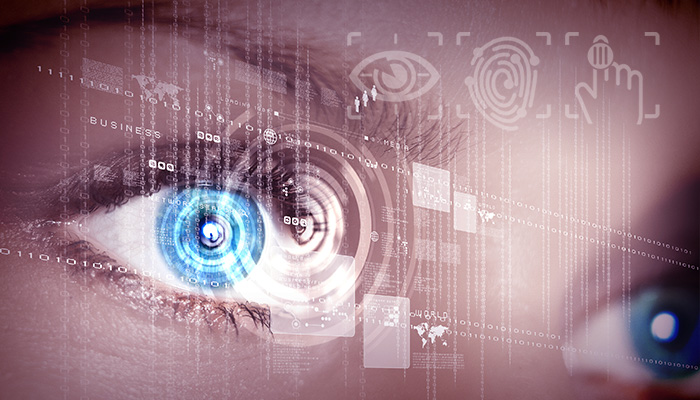In today’s world, everything moves faster than before. What often seems far off becomes a reality quicker than anyone could’ve imagined.
We’ve seen that in the biometrics space: What seemed futuristic only a few years ago has fast become a part of the mainstream. Biometric identification is no longer the realm of fiction; it’s very much a part of everyday life.
While there’s plenty of factors that have led to this, one area has driven demand more than any other: Security. As a society, we’re seeing a shift towards security over privacy, as global threats such as terrorism impact our lives. Biometric technology has the ability to provide a certainty of identity that is unrivalled in terms of accuracy, making it applicable to so many areas of our lives.
There’s always resistance to change, but I believe the possibilities that biometrics provide reach far beyond security. There are many areas of our lives where biometric identification is going to have a positive impact.
Leave your wallet and keys behind
Biometrics will improve many areas of our personal lives. For example, carrying your wallet or handbag with a range of bank cards and other identification, will become a thing of the past, as we’ll be able to pay for items using biometric authentication. In effect, you become the password or pin code, validated against your unique biometric data such as fingerprint, facial features, palm or iris.
The same goes with accessing areas such as work or home. Building access control via biometric security is already well advanced and becoming mainstream, particularly in the workspace. But it’s in our homes that we’ll see the biggest difference: Imagine never needing a key again. In fact, I’ve had biometric entry to my home in place for a number of years, and it’s brilliant not needing to carry a set of keys everywhere!
It’ll also be the same with other personal items we own, for example, your humble motor vehicle. Biometrics give us the possibility to not only access and start a vehicle, but also to have your personal settings automatically applied. For example, your seat position, steering wheel height, radio stations, everything, will be applied after biometric identification. In fact, the user experience for all travel will be dramatically improved, especially the way we board a plane and go through customs.
Revolutionise business process
One of the biggest impacts will be in business. Biometrics are already revolutionising processes across a range of sectors and can be applied to any situation where identity is required. It’s common for manual processes to rely on multiple steps that require verification of identity, whether it’s sign off, access control, usage tracking, the list goes on. Biometrics can dramatically streamline this workload, providing huge cost and time savings.
There are a number of examples already in use. In retail, for example, biometrics are dramatically reducing and controlling stock loss. In childcare, biometrics can not only better secure a facility by controlling access, but also fast track compliance procedures around child to carer ratios. Food production is more secure and efficient through the application of biometrics on the production line. Banking and finance have seen dramatic reductions in the number of manual steps to handle and process funds. Healthcare will be improved dramatically, with a range of processes automated and costs reduced. These examples are just the tip of the iceberg.
We’re on the cusp of biometrics being used to dramatically improve customer experience in a variety of ways. Biometrics can be used to identify customers as they arrive. For example, a customer visiting their bank will arrive at the counter where a staff member already has all their relevant details on screen. The same concept works for retail. The ability to tailor the customer experience through knowing their identity takes personalisation to an entirely new level.
Is it all positive?
There’s no doubt that, like any change, it will take time for people across the community to adjust. We’ve seen this across so many technologies: Remember when computers were going to take over work in the 70’s and 80’s? The fears of a complete collapse of work were completely overstated, in fact, the computer revolutionised the way people work and created new industries and, most importantly, jobs. The same will happen here.
The benefits of biometrics far outweigh any potential negatives. Just like the introduction of the humble PC, we’ll adjust, embrace the change, and benefit from everything biometrics will bring.

